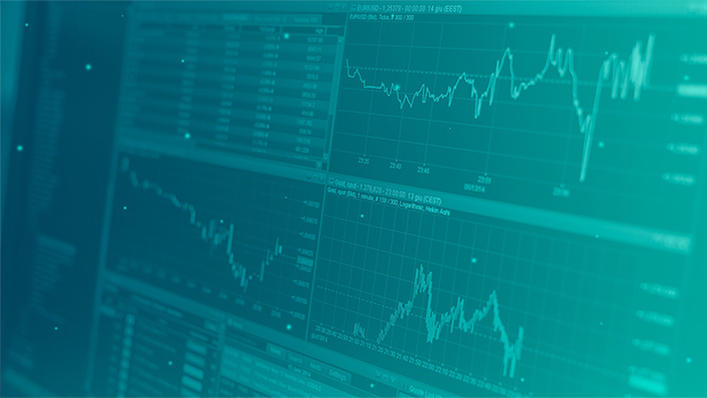
The 6-8 June negotiating meetings allowed IFD participants to make further substantive progress on the draft IFD Agreement, including on the remaining open issues in Sections VI (Sustainable Investment) and VII (Institutional Arrangements and Final Provisions).
Delegations were able to finalize notably the articles on “Financial Exceptions” and on “Monetary and Exchange Rate Policies” in Section VII, and agreed on the wording of a footnote to the Article on “Scope” in Section I. Good progress was also made on proposed adjustments aimed at improving the technical coherence of the draft IFD Agreement as well as on text proposals for three different articles in Sections II (Transparency of Investment Measures) and III (Streamlining and Speeding up Administrative Procedures), pending final verifications by a few delegations.
The co-coordinators of the talks, Ambassador Sofía Boza of Chile and Ambassador Jung Sung Park of the Republic of Korea, encouraged participating members to step up intersessional work to get as close as possible to the finishing line ahead of the July round of meetings.
Ambassadors Boza and Park reported on interim findings of the Needs Assessment Survey (open until 28 July) to help gauge the demand for IFD needs assessments. The objective is to assist developing and least developed country (LDC) members identify their implementation needs as well as related technical assistance and capacity building support needs to implement the future Agreement.
The co-coordinators announced their objective to issue at the end of the July round of meetings a statement to announce the conclusion of the negotiations on the text of the Agreement, following a high-level IFD plenary meeting on 6 July to mark this important milestone.
The following day, the Organisation for Economic Cooperation and Development (OECD) and the World Bank will organise an in-person event on the WTO premises. The event will highlight how existing investment climate reform tools – and related technical assistance – can help WTO members implement the future IFD Agreement.
Ambassadors Boza and Park strongly encouraged delegations to participate in the July round of talks in-person in Geneva to resolve the very few substantive issues that remain open in the draft Agreement, as well as to advance as much as possible on the final provisions.
The co-coordinators noted that while the objective is to conclude the negotiations on the text, it will not be the end of the work, nor of participating members’ collective journey. “Rather July marks the start of a new phase, in which outreach and close dialogue with the entire WTO membership – and notably with non-participants – will take centre stage,” they said.
Both Ambassadors will issue and circulate to all WTO members a “Revision 2” of the draft IFD Agreement, which will reflect the decisive progress on the text achieved during the May and June negotiating rounds.
In the second part of 2023, participating members will proceed with the final, purely technical adjustments to the IFD Agreement, namely the legal scrubbing and ensuring consistency among the English, French and Spanish versions of the text.
The co-coordinators stressed that work on the procedures and steps to incorporate the IFD Agreement into the WTO legal architecture will need to be continued and further deepened. They also encouraged developing and LDC delegations to start as early as possible with the IFD needs assessments, an endeavour for which the help from partner international organizations will be key.
With a view to laying the groundwork for the second half of 2023 and in the run-up to the WTO’s 13th Ministerial Conference (MC13) to be held in February 2024, a proposed schedule of IFD meetings was circulated to all WTO members (INF/IFD/W/50). Four rounds of IFD meetings – one per month – are foreseen for the second semester of 2023.
Share
Reach us to explore global export and import deals